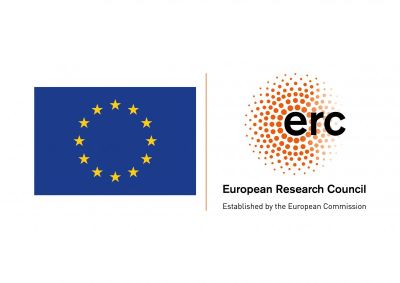ERC Advanced Grant: SYNCPOL - Synchronized Politics: Multiple Times and Political Power
Project description
Democratic policy-makers in Europe’s multi-level system grapple with multiple times, since different levels of government, parliaments and administrative agencies follow distinct time rules and time preferences. Time clashes are an ever-present threat. Synchronisation is, therefore, a critical, but very little understood dimension of public policy-making. It is designed to avoid systematic time clashes by structuring the timing, speed, frequencies, sequences, durations and time horizons in policy-making.
Over the past decade, simultaneous demands for “faster action”, “more time” and “extended time horizons” have pushed multi-level synchronisation in opposing directions. In light of major contestation around synchronisation, SYNCPOL asks:
- What happens when political demands for “faster action”, “more time” and “extended time horizons” challenge synchronisation arrangements in multi-level policy domains?
- How does the reshaping of synchronisation arrangements alter the vertical and horizontal distribution of political power amongst governments, parliaments and administrative agencies and the types of power in Europe’s multi-level system?
Drawing on institutionalist theory, SYNCPOL conceptualises synchronisation arrangements as a critical variable that is fundamental to the distribution of political power amongst policy-makers. It rigorously probes hypotheses on this crucial connection employing a mixed-methods design that combines document analysis, interviews, a major survey, dictionary-based text analysis and process tracing. The project examines synchronisation across EU, national and subnational governments, parliaments and administrative agencies, with a focus on six multi-level democracies: Austria, Belgium, France, Germany, Italy, Spain. The analysis covers two policy domains - migration-asylum and public health policy – since the early 2010s. SYNCPOL will generate fundamentally new insights into how time shapes democratic multi-level politics and policy.
Team members
- Prof. Dr. Klaus Goetz (PI)
- Dr. Radu-Mihai Triculescu (Researcher)
- Dr. Leonce Röth (Researcher)
- Martina Maier (Research Assistant)
- Rosa Bauer (Research Assistant)
- Oscar Margets (Research Assistant)





